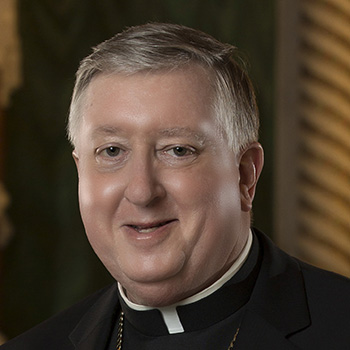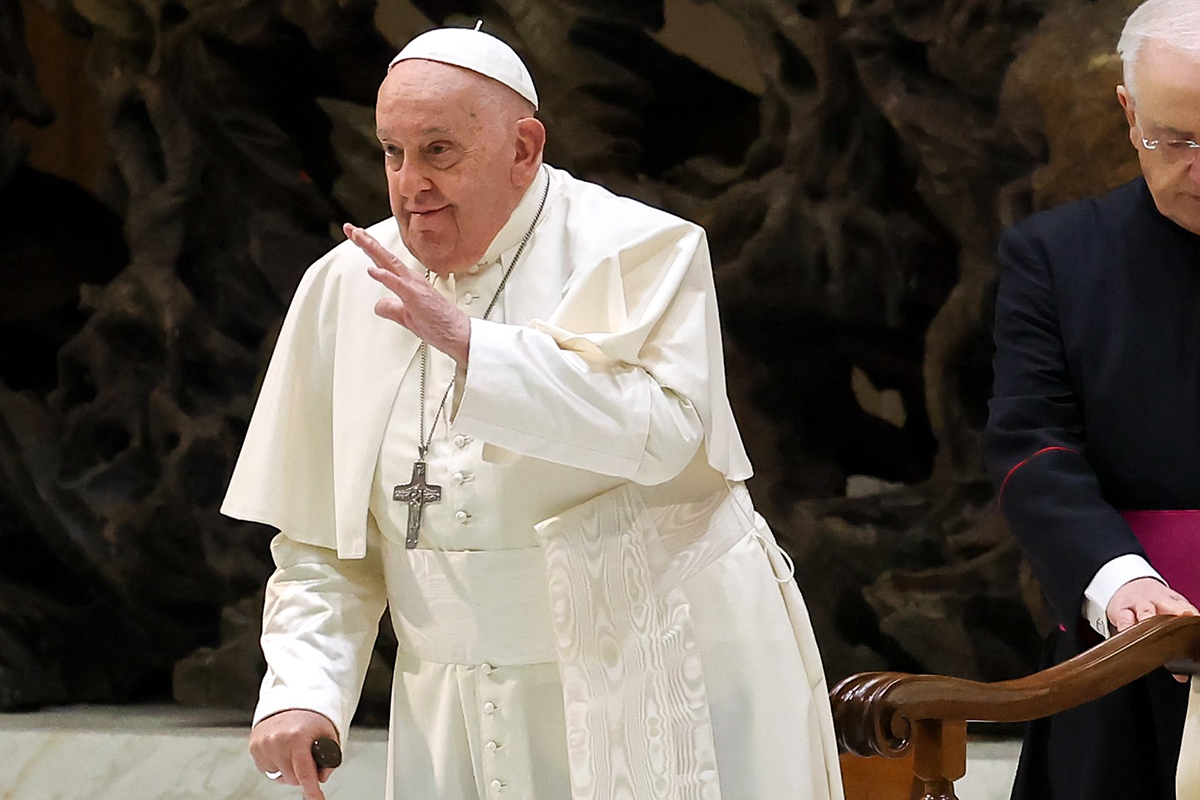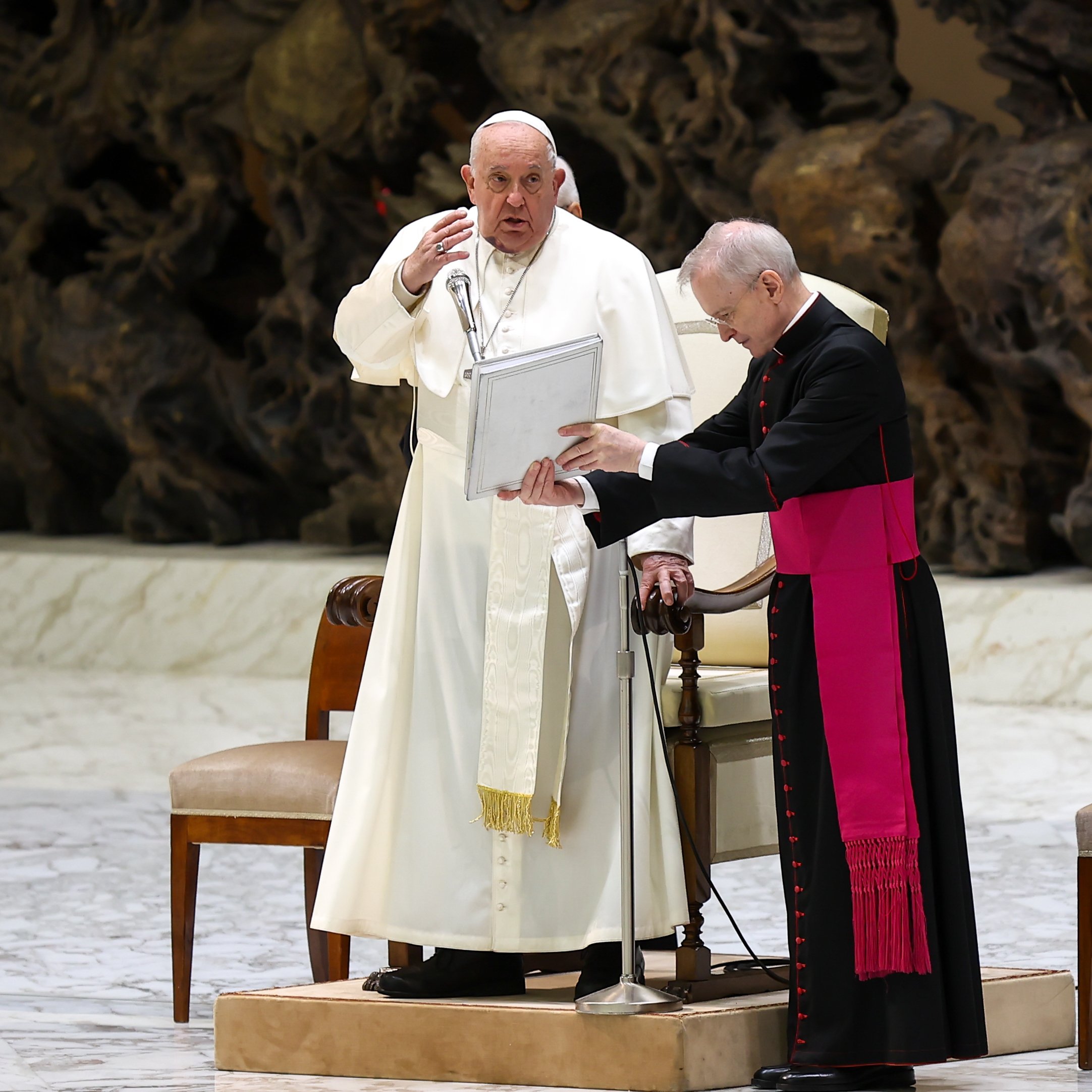SERVE THE LORD WITH GLADNESS | Changes in our mode of doing things can bear good fruit
St. Paul altered the way he preached the Gospel, which was necessary to build the Church

Dear brothers and sisters in Christ,
“Now I am leaving the world and going back to the Father” (John 16:28).
This week’s Gospel readings prepare us for the Ascension. It’s crucial for us to reflect on this mystery and understand it properly. In the deepest sense, after the Ascension, Jesus doesn’t cease to be present in the world. Rather, He changes the way He’s present to us. He’s no longer present in His physical body, but His mystical body (the Church) and His sacramental body (the Eucharist) remain. He’s no longer present simply outside of us; now He’s also present within us. Jesus Himself says of this change: “It is better for you that I go.” In order to deepen our relationship with Him, this change needs to happen.
“Paul left Athens and went to Corinth” (Acts 18:1).
Providentially, as we prepare for the Ascension, and we’re reading sequentially through the Acts of the Apostles, we just happen to be reading the section this week in which Paul is constantly leaving one community and going to another. “And Paul left them” is something of a refrain, occurring five times in this week’s readings!
I want to draw our attention to two important departures that we hear about this week.
The first is when Paul leaves Athens for Corinth. He’s just given a brilliant speech at the Areopagus, blending an openness to Greek culture with a clear proclamation of the Gospel. In some ways it’s a great model for our engagement with culture. But, in terms of bearing fruit, the speech basically falls flat. Some scoff; others tell him to come back another time; only a few become believers. “And so Paul left them,” because that mission wasn’t bearing fruit. And when he went from Athens to Corinth, he decided that he would simply and boldly proclaim the Cross.
The second departure is when Paul is in Corinth, proclaiming Christ in the synagogue, and he’s opposed and reviled. In response Paul says, basically: “That’s it. I’m done here. I’m going to the Gentiles!”
In both cases, Paul didn’t change whether he did ministry and whether he proclaimed the Gospel. What changed was how he did those things. And, for the sake of the spread of the Good News, both changes needed to happen.
So, when we think of Jesus this week, we should reflect on how He changed His mode of presence after the Ascension. That change wasn’t easy, but it was good.
And, when we think of the early Church this week, we should reflect on how St. Paul changed the mode of his ministry and proclamation of the Gospel. That change also wasn’t easy, but it was good.
Both of those changes can help us think about All Things New. All Things New will not change whether we have parish life, but it will change how we think of parish life. I’m firmly convinced that this change needs to happen, and that it will be good. That doesn’t mean it will be easy! But I think we can draw helpful lessons — and hope — from the history of the Church and the readings this week.






